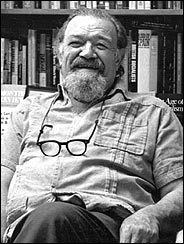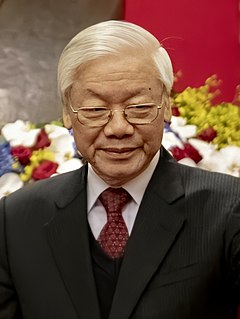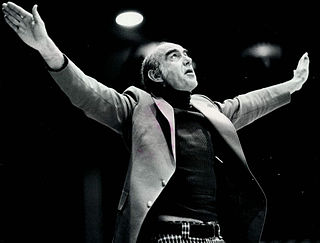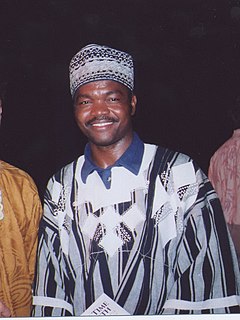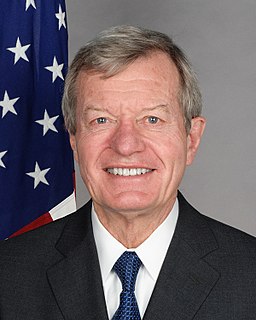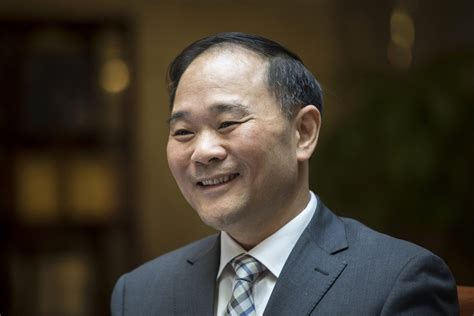A Quote by Robert Kagan
I believe it is still true that conflicts among major powers usually stem from geopolitical rivalries but rarely from economic competition.
Related Quotes
Mao challenged the idea that economic planning would dissolve conflicts of interest among the people. He saw it dialectically - conflicts between intellectuals and manual workers, between the city and the countryside, stratification in the party and society. He said it was necessary to struggle to overcome these differences whether it takes 100 or 500 years.
The industrial civilisation is based on the consumption of energy resources that are inherently limited in quantity and that are about to become scarce. When they do, competition for what remains will trigger dramatic economic and geopolitical events; in the end, it may be impossible for even a single nation to sustain industrialism as we have know it in the twentieth century.
When you think of all the conflicts we have - whether those conflicts are local, whether they are regional or global - these conflicts are often over the management, the distribution of resources. If these resources are very valuable, if these resources are scarce, if these resources are degraded, there is going to be competition.
It's true that tribal rivalries have something to do with political instability. It's also true that those rivalries were exaggerated by colonialism. Colonialism essentially insulted the tribal territories, and as a result, nations came to be composed of an agglomeration of many tribes - 65 in Burkina Faso alone. The Mossi majority sees itself as the owner of Africa; others are just negotiators for representation. That is the way it is now, and it is the sole responsibility of colonialism.
Indeed, Russia and the U.S. were allies during the two tragic conflicts of the Second and the First World Wars, which allows us to think there's something objectively bringing us together in difficult times, and I think - I believe - it has to do with geopolitical interests and also has a moral component.
The American president increasingly used his influence to create conflicts, intensify existing conflicts, and, above all, to keep conflicts from being resolved peacefully. For years this man looked for a dispute anywhere in the world, but preferably in Europe, that he could use to create political entanglements with American economic obligations to one of the contending sides, which would then steadily involve America in the conflict and thus divert attention from his own confused domestic economic policies.
Trump's victory clearly appears to stem from a sense of economic powerlessness, or a fear of losing power, among his supporters. To them, his simple slogan, 'Make America great again,' sounds like 'Make You great again': economic power will be given to the multitudes without taking anything away from the already successful.


